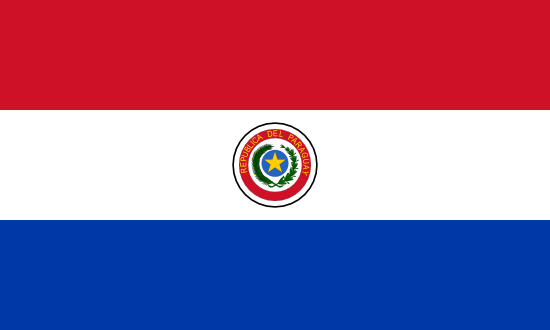
Health Insurance in Paraguay, America
Information expatriation
Capital City: Asunción
Total area: 406,752 km2
Population: 6,127,000
Money: Currency Converter
Time Zone: List of time zones by country
Calling Code: +595 XXX
Practical Information:
Health Product: Travel Insurance and Health insurance
Health Insurance information and Sanitary Risk: World Health Map
BLOG: Expat Health insurance Information
Here is a brief description of the healthcare system in the country:
· Paraguay has a mixed public-private healthcare system that aims to provide universal coverage to all citizens and residents.
· The public sector includesNetwork of hospitals, health centers and posts managed by the Ministry of Health. It focuses on primary care and community-level services.
· Private healthcare facilities include hospitals, clinics, laboratories, and hospices. These complement the public system.
· Healthcare is financed through taxes, social insurance contributions and private health insurance/out-of-pocket spending.
· Coverage and quality of care varies between urban and rural areas. Infrastructure and access in remote/indigenous communities lags.
· Main health challenges include communicable diseases, respiratory/heart conditions, cancer, maternal and infant mortality.
· There is a shortage of healthcare professionals across the country.
· Approximately 15% of GDP is spent on healthcare with outcomes improving but still lagging regional averages.
· In summary, Paraguay blends a developing public primary care system with private options, working towards universal healthcare access. Investment and reform continue to expand coverage.
Here are some key health considerations for expatriates living in the country:
· Purchase private health insurance as the public system has limitations, especially outside major cities.
· Follow basic preventative care against endemic tropical diseases like dengue, Zika, malaria. Get recommended vaccines.
· Infrastructure and resources decline noticeably in remote/rural areas. Have evacuation contingency plans.
· Bring needed long-term prescription medications rather than relying on availability.
· Mental health services have limited availability. Develop personal support networks.
· Cultural/language barriers may impact care quality if Spanish skills are limited. Consider translation assistance.
· Thoroughly understand insurance policies regarding coverage amounts, claim processes etc.
· Safety precautions should be followed on roads carefully due to conditions and driving practices.
· Keep documentation of treatments/costs to mitigate risks of potential healthcare fraud.
· Register with your embassy in case of emergencies or issues accessing appropriate care levels.
· With prudent preventative care, supplemental private insurance, and contingency planning, expats can access reasonable healthcare in Paraguay.
